US assassination of Gen. Soleimani ‘crime against human interests’: Judiciary official
The US assassination of top Iranian anti-terror commander Lieutenant General Qassem Soleimani and his companions was a crime against human interests, says a top Judiciary official.
Abbas-Ali Kadkhodaei, who heads a special committee formed to follow up on General Soleimani’s murder case from legal and international aspects, made the remarks on Tuesday while addressing a meeting on the services of the fallen commander.
He called the assassination “a crime against the interests of humanity,” emphasizing that various institutions are actively pursuing the case.
“Under the roadmap drawn up in the Ministry of Foreign Affairs, it was agreed to tap into international aspects, among which is public opinion and elaboration on the crime committed by Americans. Various aspects of this act of terror must be explained to the peoples of the region and elsewhere in the world,” Kadkhodaei said.
He added that colonial powers, including the United States, have long pursued their own interests in West Asia and sought to meddle in the affairs of the region.
The top Iranian judicial official noted that the political vacuums created in the aftermath of US-led invasions of Afghanistan and Iraq in 2001 and 2003 gave rise to the emergence of Takfiri militant groups and extremists in the region, after which the United States tried to make the most of the situation.
“Great proportions of Syrian and Iraqi territories were overrun by Daesh [Takfiri terrorist group], and Iran’s national interests were threatened as well. The people of the region were plagued by Takfiri groups. Unfortunately, these groups used to perpetrate their crimes in the name of religion.
“Through Iran’s measures and General Soleimani’s perseverance, the menace of these Takfiri groups was purged from the region within a short period of time. The value and significance of the services that General Soleimani, his companions and Iran have rendered in the fight against Takfiri groups have not yet been recognized,” Kadkhodaei said.
He also called General Soleimani’s sacrifices in the fight against extremist militant outfits a great service to humanity and human societies.
General Soleimani, commander of the Quds Force of Iran’s Islamic Revolution Guards Corps (IRGC), Abu Mahdi al-Muhandis, the second-in-command of Iraq’s Popular Mobilization Units (PMU), and their companions were assassinated in a US drone strike authorized by then-President Donald Trump near Baghdad International Airport on January 3, 2020.
Two days after the attack, Iraqi lawmakers approved a bill that required the government to end the presence of all foreign military forces led by the US in the country.
Both commanders were highly revered across the Middle East because of their key role in fighting the Daesh Takfiri terrorist group in the region, particularly in Iraq and Syria.
On January 8, 2020, the IRGC targeted the US-run Ain al-Asad base in Iraq’s western province of Anbar with a wave of missile attacks in retaliation for the assassination of General Soleimani.
According to the Pentagon, more than 100 American forces suffered “traumatic brain injuries” during the counterstrike on the base.
Iran has described the missile attack on Ain al-Assad as a “first slap.”
5 Israeli forces killed as Palestinian fighters face up to regime’s war machine
VIDEO | Israeli settler killed during strike against Tel Aviv; fresh aggression targets Yemen’s capital
VIDEO | Yemen’s missile strikes on Tel Aviv
Iran to open 6 GW of new power capacity by next summer
VIDEO | South Korean rallies set the stage for battle over Yoon's impeachment
Hamas, other Palestinian groups say Gaza ceasefire deal ‘closer than ever’
VIDEO | Press TV's news headlines
Iran condemns ‘violent’ attack on Christmas market in Germany


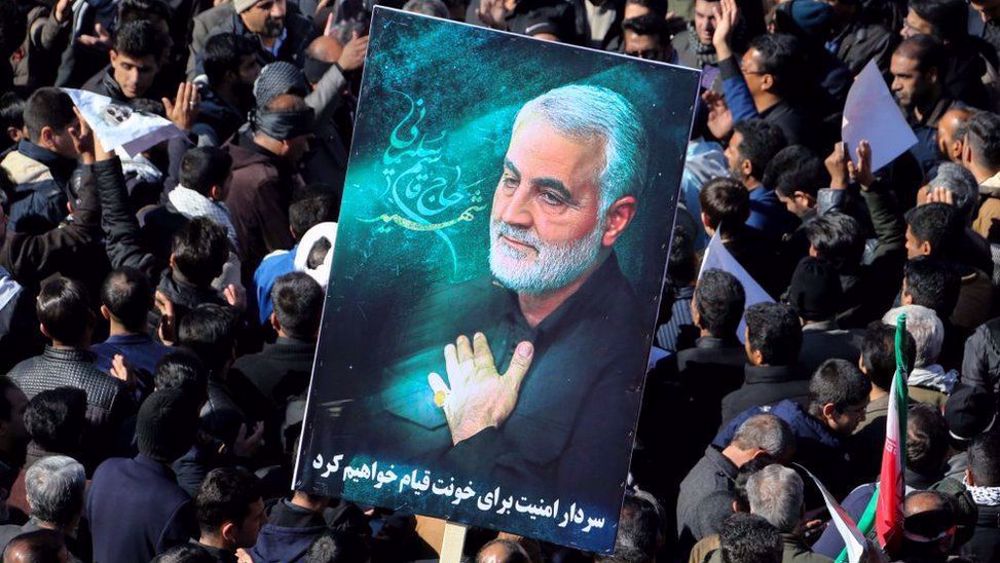
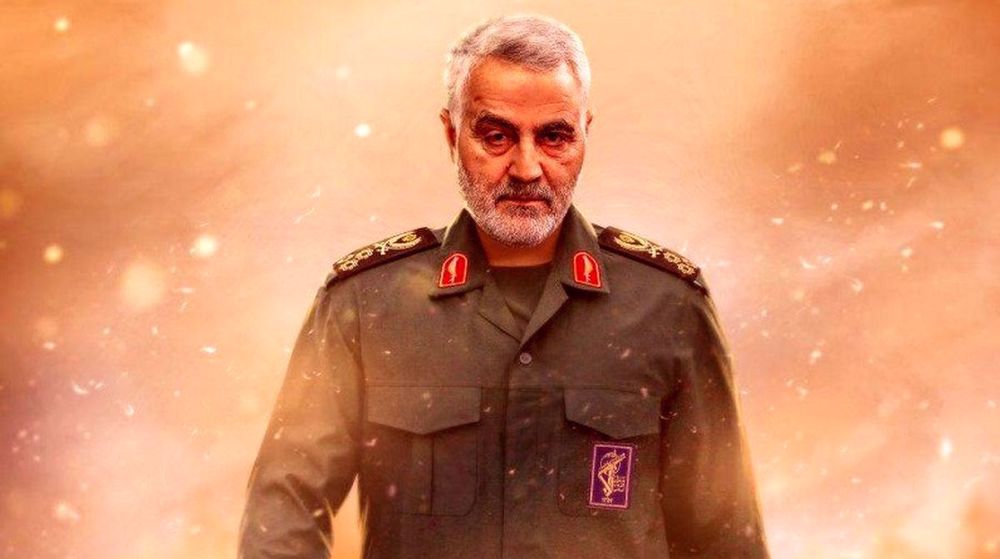
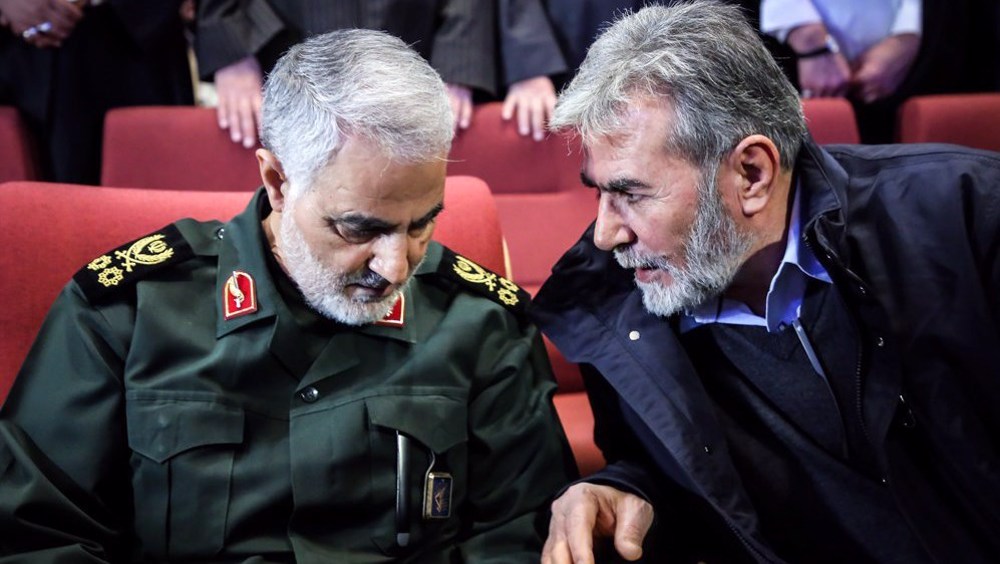

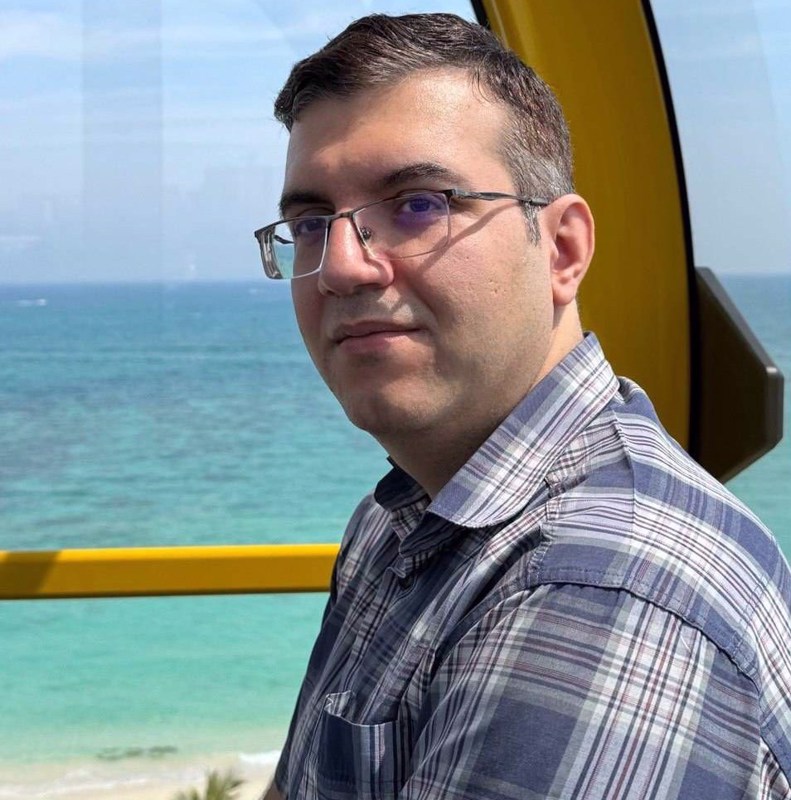
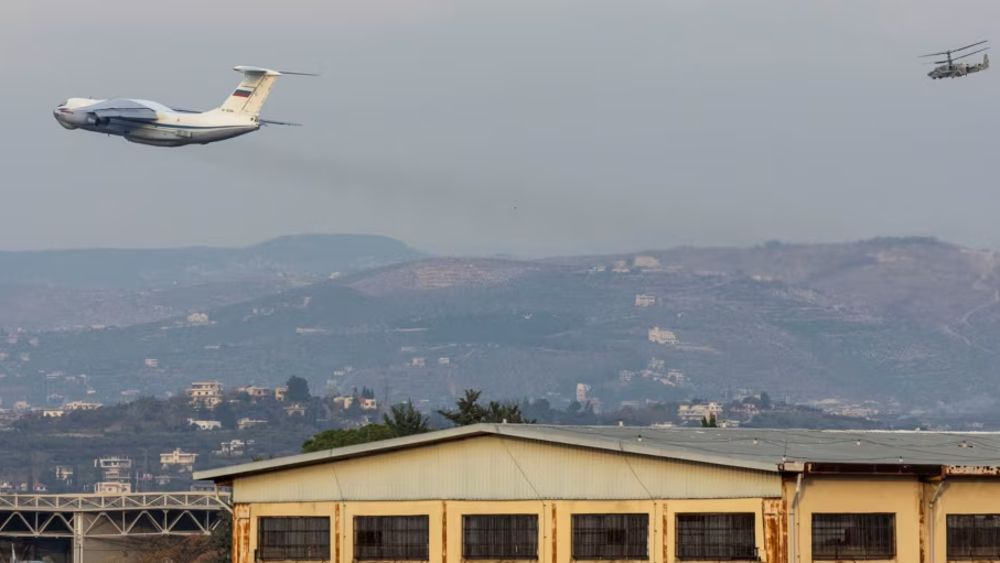



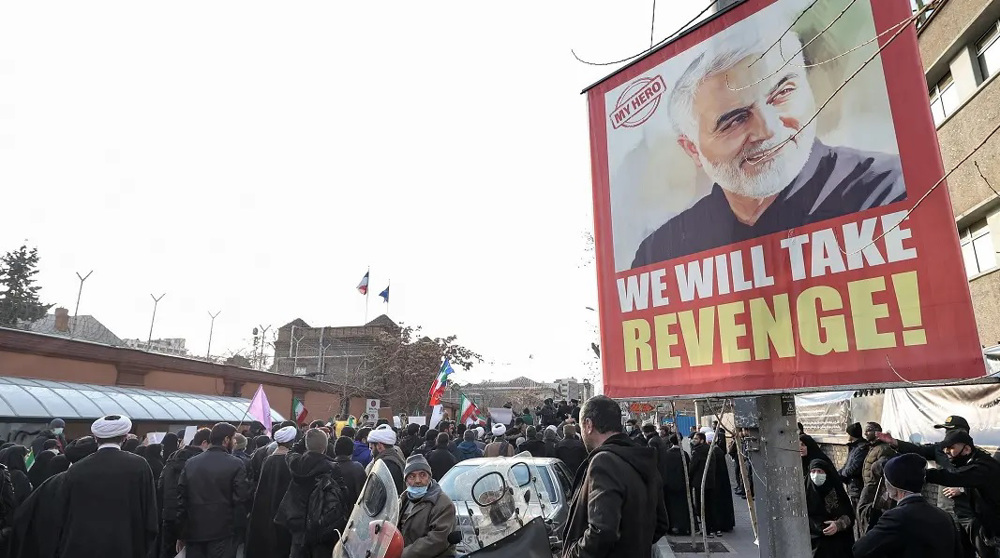
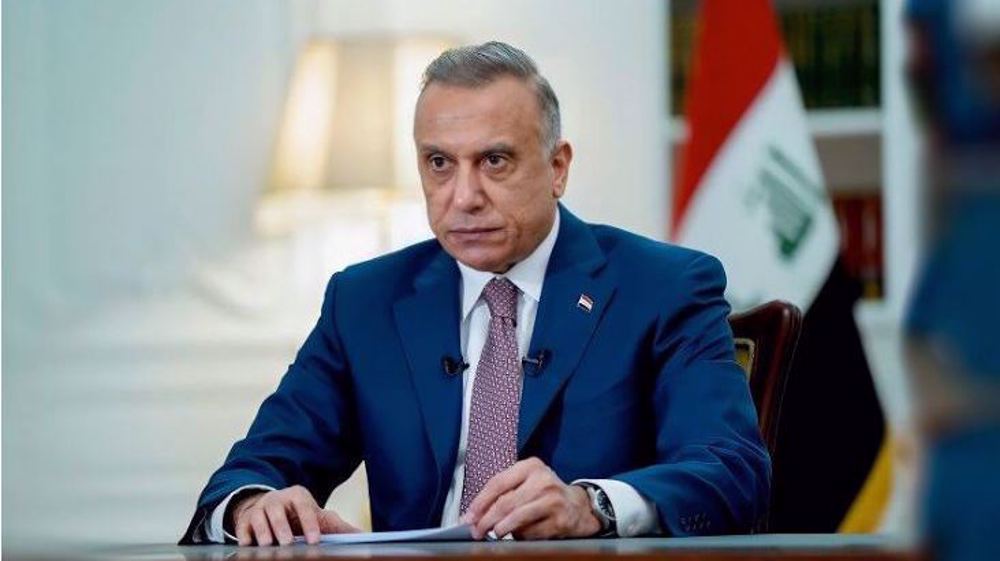
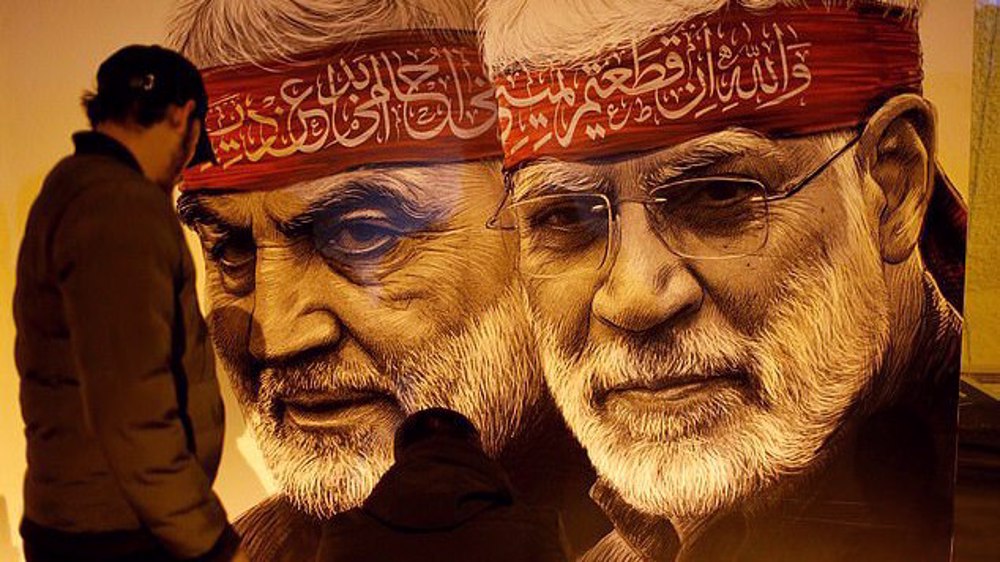
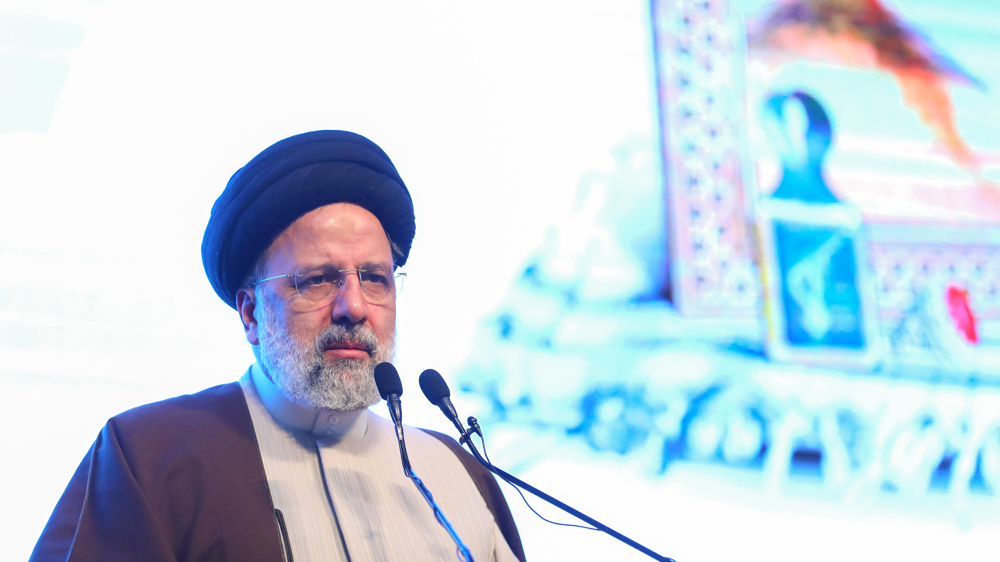
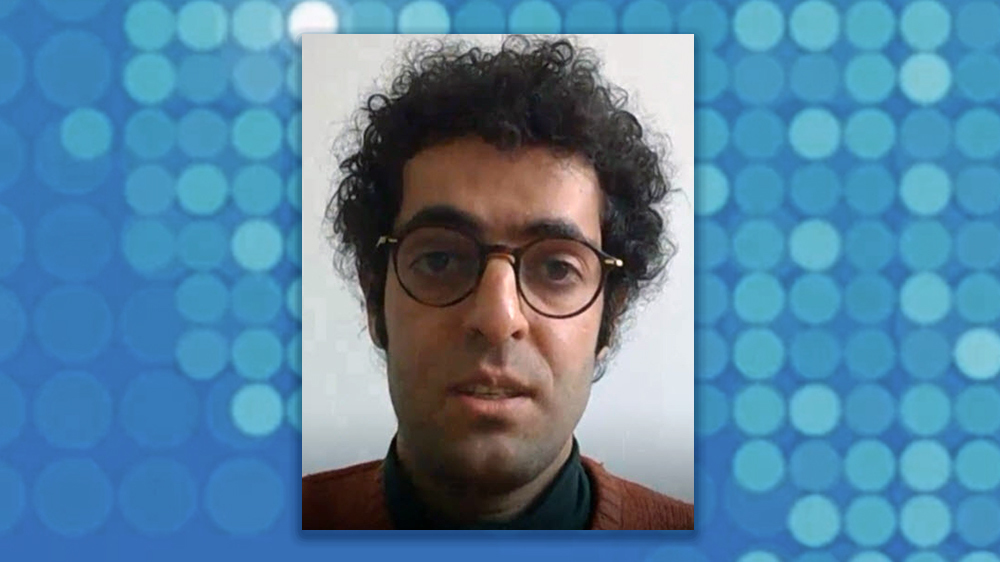
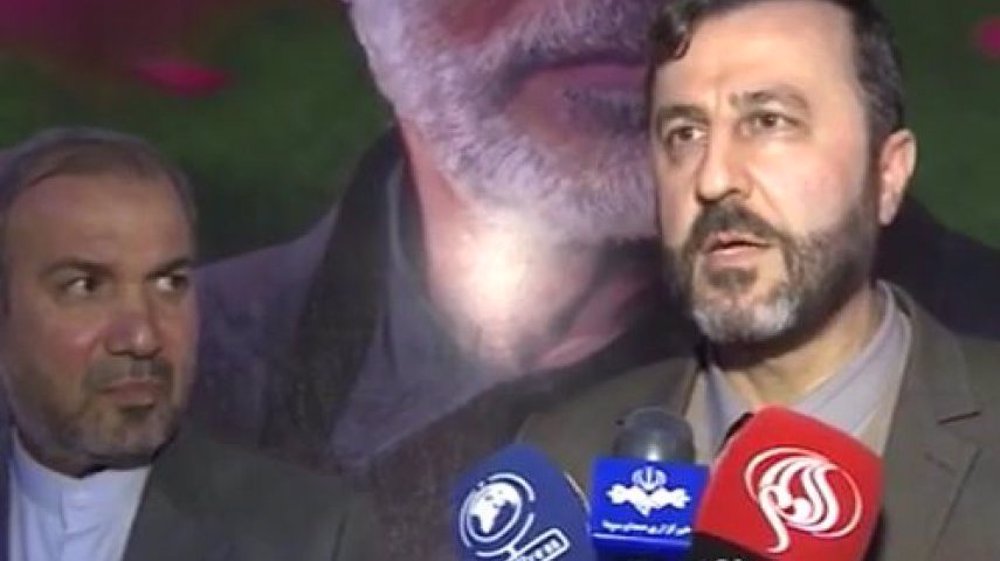
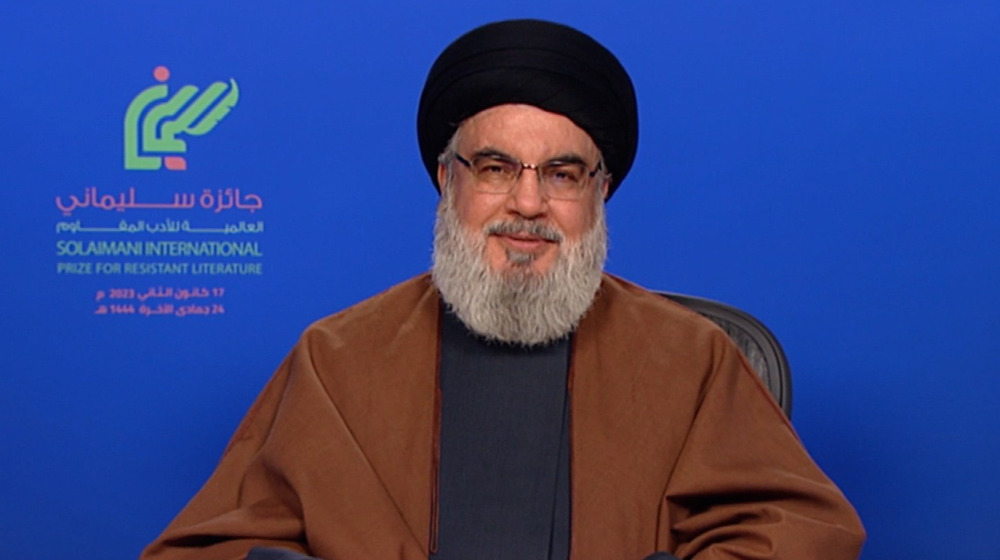
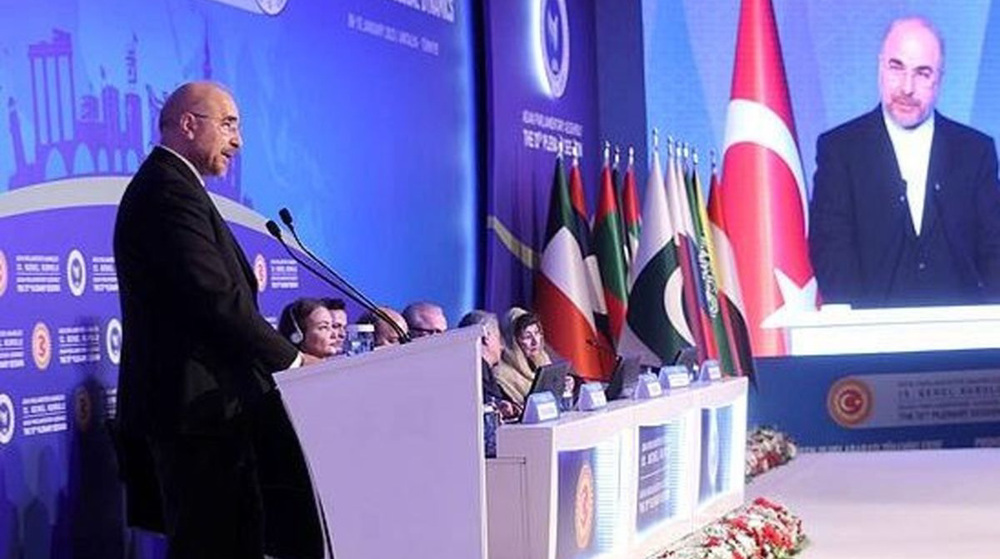
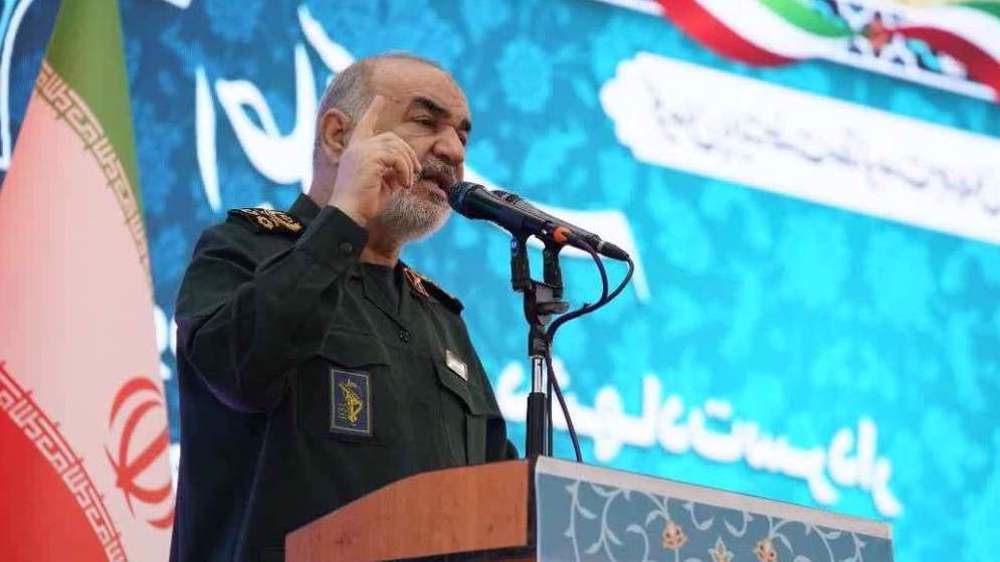
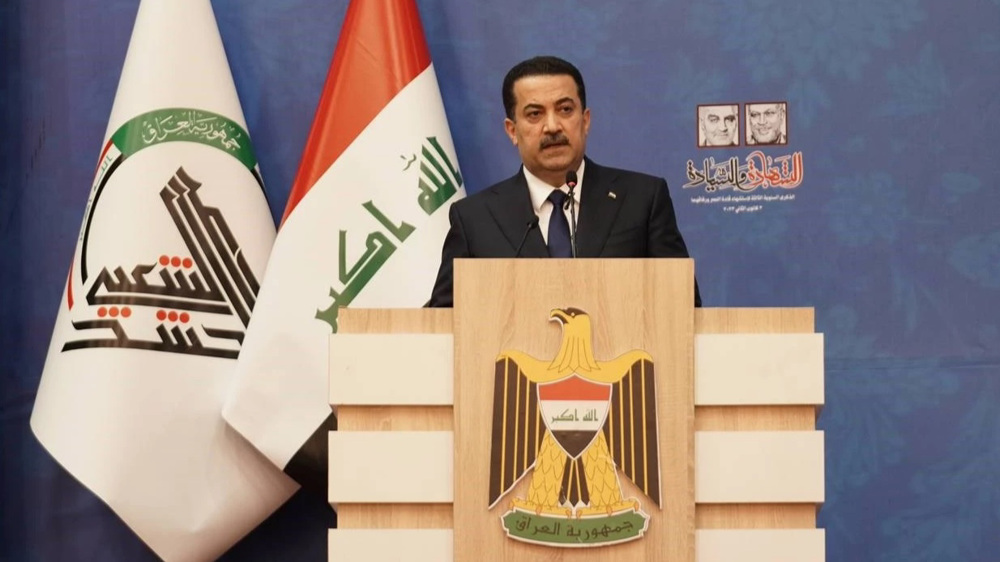

 This makes it easy to access the Press TV website
This makes it easy to access the Press TV website